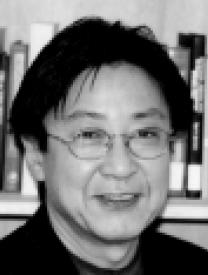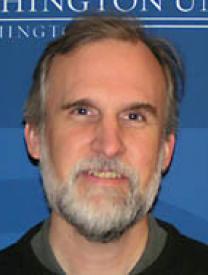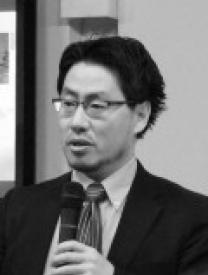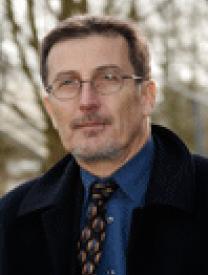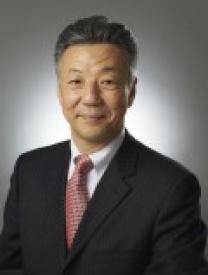Each year, the CSCC invites leading experts to Penn to present their research and share their knowledge about contemporary China. Typically scheduled for Wednesday afternoons 4:30-6 pm, speakers will deliver their remarks and then entertain questions from the audience. Attendance is open to the entire Penn community. Announcements about upcoming talks will be posted on the CSCC website and disseminated via the Center’s listserv. To be added to the listserv, please visit our signup page https://groups.sas.upenn.edu/mailman/listinfo/cscc-announce.
Past Speaker Series
Public Policy for a Modernizing China
The Challenge of Financing Services for a Footloose Society
Christine Wong, University of Melbourne
The hukou, the household registration system created under the planned economy, was widely adopted as a convenient and foolproof instrument for discriminating between local residents (with local hukou) and new…
Capitalism from Below: Markets and Institutional Change in China
Victor Nee, Frank and Rosa Rhodes Professor, Department of Sociology, Cornell University
Prof. Nee will discuss his new book, co-authored with Sonja Opper, Capitalism from Below: Markets and Institutional Change in China. Studying over 700 manufacturing firms in the Yangzi region, Victor Nee and…
Defining Democracy in China
Bruce Dickson, Professor of Political Science and International Affairs, George Washington University
The conventional wisdom among China watchers is that political reform in China has not kept pace with the wide-ranging economic reforms of the past few decades. China remains a classic example of a one-party…
How Important is Internet Satire in China?
2013 Distinguished East Asia Lecturer
Perry Link, Chancellorial Chair for Innovative Teaching, Comparative Literature & Foreign Languages, UC Riverside; Emeritus Professor of East Asian Studies at Princeton University
Beginning in the late 1950s,the harshness of late Maoism brought to Chinese society a bifurcation of language--clearer and sharper than it is in most other societies--between official and unofficial language.…
Is the Social Volcano Still Dormant?
Trends in Chinese Attitudes toward Inequality
Martin King Whyte, John Zwaanstra Professor of International Studies and Professor of Sociology, Harvard University
Data from two China national surveys, in 2004 and 2009, focusing on popular attitudes toward current inequalities and mobility opportunities, are compared to examine two key questions: (1) Did the continued rise in…
The debate on China’s policy shift on North Korea: Why “evidence” is not evidence
Sunny Seong-hyon Lee, Ph.D. Pantech Fellow at Shorenstein Asia-Pacific Research Center Stanford University
The speculation over China’s foreign policy shift on North Korea has been particularly feverish during this year’s Korean crisis owing to the fact that there are new leaders in Beijing and Pyongyang and many…
Marketing Death: Culture and Life Insurance Markets in China, Taiwan, and Hong Kong
Cheris Shun-ching Chan, Professor of Sociology, University of Hong Kong
Based on ethnographic data, Chan presents how a commercial life insurance market is emerging in mainland China despite incompatible local…
Revamping the China Model for the Post Global Financial Crisis Era: The Emerging Post-Washington, Post-Beijing Consensus
Randy Peerenboom, Professor of Law, La Trobe University Melbourne
The Washington Consensus (“WC”), which dominated the development world for over two decades, has been called into question on both theoretical and empirical grounds. Those…
Legal Development in China: Perspectives from Washington
Natalie Lichtenstein Professorial Lecturer in China Studies Johns Hopkins School of Advanced International Studies (SAIS)
Natalie Lichtenstein has been observing China's development since the 1970s. Recently retired after 30 years as a World Bank lawyer, she teaches Chinese law in Washington, DC. Her…
Recent Structural Change of the Chinese Economy and Japan-China Relations
Kiyoyuki Seguchi, Research Director at Canon Institute for the Global Studies
The structure of the Chinese economy changed dramatically between 2005 and 2009. It changed from an export-investment leading economy to a domestic-demand leading economy. Before 2004 China was a huge factory…

